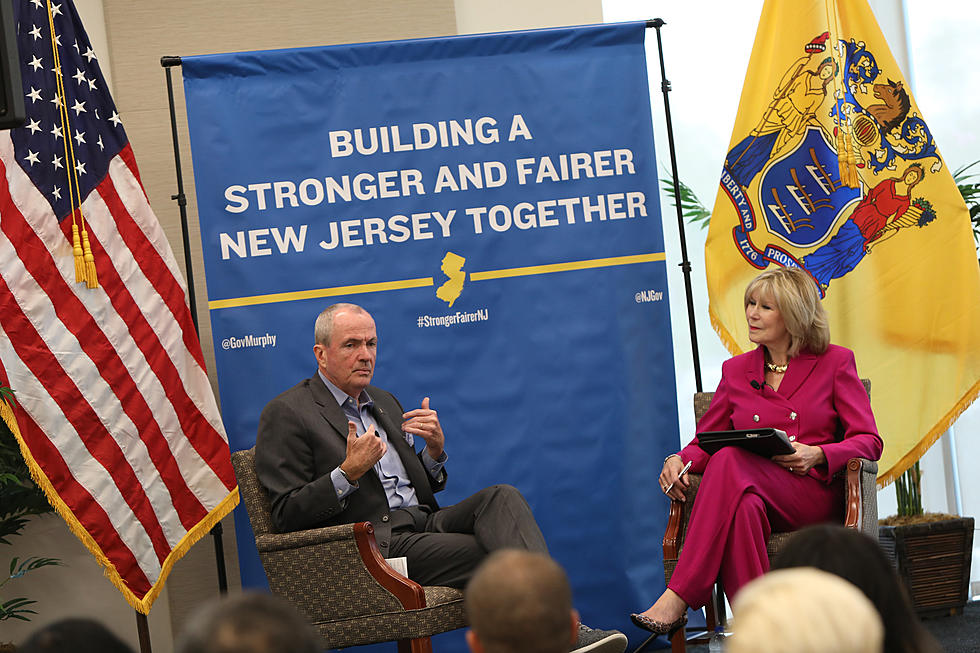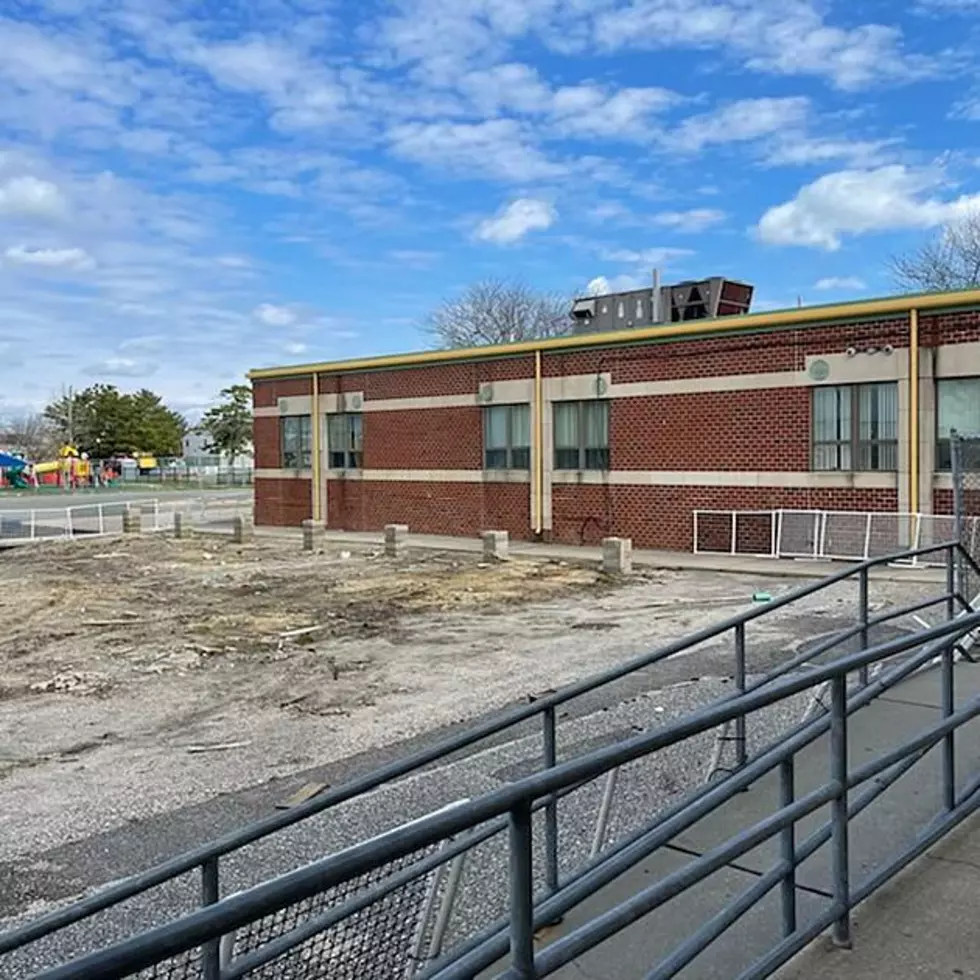
Murphy Backs Expanded Tax Credits for Making Movies in New Jersey
One year after detailing an economic growth strategy that still hasn’t gotten approved by lawmakers, Gov. Phil Murphy marked the anniversary Tuesday by announcing tweaks and updates to the plan.
Among them is support for expanding the film and digital media tax credit he signed into law in July 2018, which he said is “really working well. We’re on fire.”
Now Murphy wants to expand it in two ways: Raise the cap above $75 million a year and make the credits last beyond 2023, which he said would be helpful for landing television shows that sometimes have a lengthy run.
“Those are big money spinners,” Murphy said, in a forum at Rowan University in Glassboro. “Movies are great, but they come and go. TV programs, if they’re hits, they last.”
Murphy said film and TV tax credits have a quick impact without having to wait years.
“This comes to town, the circus comes to town, and you hit immediately, and you get an immediate payback,” he said. “And it’s a winner for us.”
State Sen. Joe Pennacchio, R-Morris, said it’s not clear the film tax credits are effective and that it’s inconsistent with Murphy’s push to restrict and cap broader business tax incentive programs, which expired without a replacement three months ago.
“Outside of the Hollywood lobbyists who are pushing for the film tax incentives, we have no evidence that they have helped to boost the New Jersey economy,” Pennacchio said.
Development near train stations
Separately, the state Economic Development Authority and NJ Transit have signed a memorandum of understanding to coordinate and work with municipalities and the private sector on redeveloping mass transit stations and their surrounding areas.
Murphy said the state can do a lot more to modernized underutilized state-owned property, creating transit hubs and villages attractive especially to millennials without cars.
“This is real. This has never been done before between the EDA on the one hand, NJ Transit on the other,” he said. “And any economic development textbook you read will tell you, you get your transit centers hitting on all cylinders, you’re going to have big economic development as a result.”
Murphy said the focus will begin at the highest-traffic locations – Newark Penn Station, Trenton, MetroPark and Jersey City – but also go beyond that.
Promoting New Jersey
The Murphy administration is also preparing to unveil a $3 million marketing campaign designed to promote New Jersey in the state, national and international business community, which was funded in the state budget.
“You will not see my face as part of this, you will be happy to know. This is not a feel-good television commercial,” Murphy said.
Among the things the campaign will promote is a new Business First Stop portal designed to help businesses navigate New Jersey’s notorious bureaucracy. It has begun beta testing, and Murphy called it “a potential game-changer” and something people have been begging for.
“A way that government can be seen to be here for you and supportive and efficient and push back on some of the spaghetti and scrambled stuff that folks have had to deal with,” he said.
The forum was moderated by Linda Bowden, chairwoman of the New Jersey Chamber of Commerce. That organization’s president, Tom Bracken, said he supports the four updates to the economic plan but that more changes are needed in state government.
“Notwithstanding his comments today, much more work needs to be done to build a stronger economy,” Bracken said. “We hope that the ‘Plan for an Affordable New Jersey’ that Opportunity New Jersey issued this summer will be part of his plan for creating a stronger state economy.”.
More From WPG Talk Radio 95.5 FM










